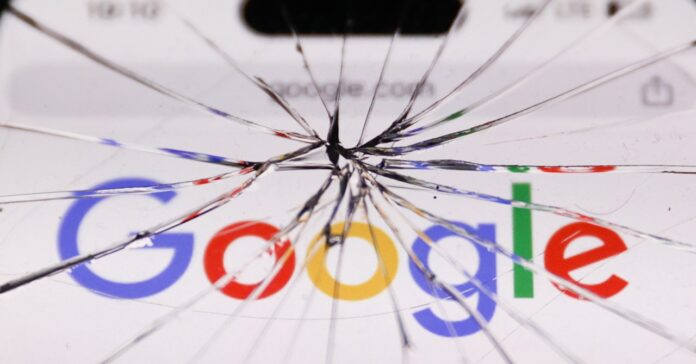In Short:
OpenAI uses data to train its AI model and improve responses, sharing personal information with affiliates, vendors, and law enforcement. The firm collects names, account info, and payment details. However, it does not sell advertising, instead using data to enhance services. OpenAI offers privacy controls for users to manage their data and opt out of training models. It does not use public info for targeting or selling user data.
OpenAI’s Data Usage and Privacy Policy
Open AI utilizes consumer data to train its AI model and enhance its responses. However, the terms of service allow the company to share personal information with affiliates, vendors, service providers, and law enforcement agencies. This raises concerns about the potential dissemination of user data, as highlighted by Love.
According to OpenAI’s privacy policy, ChatGPT collects information for account creation and business communication purposes. Bharath Thota, a data scientist and chief solutions officer at Kearney, emphasizes that the data collection includes full names, account details, payment card information, transaction history, and potentially personal information from uploaded images. Interaction with OpenAI’s social media pages may also result in the collection of contact details.
OpenAI, similar to other tech giants, leverages consumer data without advertising sales. Jeff Schwartzentruber, a senior machine learning scientist at eSentire, emphasizes that the user input data is primarily used to enhance services rather than as a commodity, contributing to OpenAI’s intellectual property value.
Privacy Controls
OpenAI has introduced tools and controls to enhance user privacy since its launch in 2020, addressing previous criticisms and privacy issues. The company affirms its commitment to safeguarding individuals’ privacy.
For ChatGPT users, OpenAI offers options to manage data usage for model improvements. Users can control their data contribution preferences within their settings. Additionally, ChatGPT Free and Plus users can adjust settings to determine their involvement in enhancing future models.
OpenAI spokesperson Taya Christianson highlights the provision of privacy controls for ChatGPT users, including the ability to opt out of model training and a temporary chat mode for automatic chat deletion. The company specifies that it does not seek personal information for model training, build profiles from public internet data, advertise, target individuals, or sell user data.
OpenAI clarifies that it does not train models using audio clips from voice chats unless specifically provided by the user to improve voice chat functionalities. Transcribed chats may also contribute to model training based on user choices and plans.





